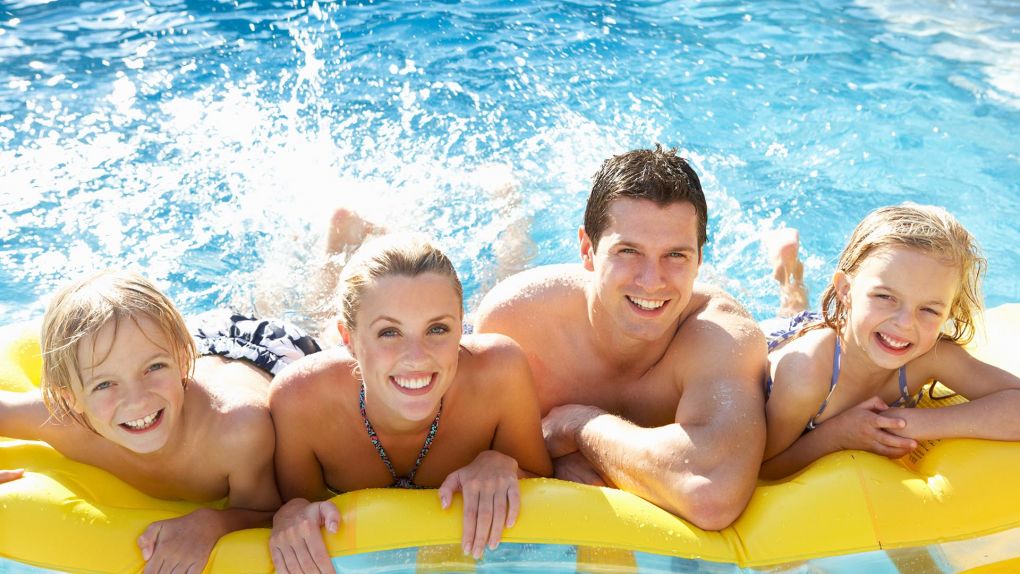
Short term rental properties
“In May 2016 Andalucía became the last of the main tourist destinations to legislate in respect of short term holiday lets. It is one of the biggest rental markets in Spain with the new registration system expected to uncover 80,000 properties offering a total of 400,000 beds”.
Every property advertised for rent by the day, week or month via travel agencies, estate agencies, printed media, rental portals such as Airbnb and Homeaway, must apply for inclusion on the relevant registry. In Andalucía, registration is free and done direct with the tourism office in each of the eight provinces. Once the registration number has been issued it must appear in all advertising and on invoices and registration cards that tenants must complete on arrival. Anyone renting to the same person for a period of more than two months can ignore everything as long term tenancies with a standard rental contract come under Spanish tenancy law.
Apart from the blindingly obvious requirements, such as pre-arrival cleaning and provision of clean bed sheets and spare linen, properties in Andalucía must have air conditioning between May and September and heating between October and April in all bedrooms and the living area. Freestanding appliances are not allowed so it’s goodbye to those radiators on wheels and wobbly cooling fans we are all familiar with. The obvious solution is wall-mounted split hot/cold units but I also like the slim line wall-mounted storage panels as very effective and low-cost background heating, particularly in bedrooms. All bedrooms must have external ventilation. Most owners who rent already have a visitor’s book but now they must also have a complaints book and a sign informing tenants that one is available. Most owners already have an information file, with useful stuff about local facilities, maps, restaurants, points of interest and things to do and this can now be provided online which should be easier to keep complete and up to date. The nearest medical facilities, such as walk-in health centres, hospitals and pharmacies must be noted and a first aid kit must be provided. There must also be a local contact number available 24/7.
The legislation allowed for a 12 month grace period for owners to bring their properties up to the required standard and inspections would start from May 2017 although, given the scale of the operation in Andalucía, it’s going to be a while before they get around to everyone. At the end of 2016, more than 10,000 applications for registration had been received, of which just over half had been issued with a registration number but remember, it is estimated that 80,000 were being rented privately when the law took effect. Some will drop out but there’s still a way to go.
But the fact is that most of what is now legally required has always been offered by conscientious owners of quality property without being told to but it’s the extra administration that’s going to spook a lot of people, particularly if they don’t have a locally based managing agent. Again, the details vary from region to region but in Andalucía all guests over 16 must supply a copy of their ID card or passport and sign a registration form on arrival, which must be sent by mail, fax or email to the police or guardia civil within 24 hours and printed invoices must be presented on departure. And it’s all got to be kept on file, the rental agreement for one year and registration forms for three. It all starts to feel a lot like a hotel operation but if someone has to present their passport on arrival at a hotel I fail to see why they shouldn’t do the same in a private home, particularly in today’s environment of increased security. Overall, I’m totally in favour of the new rules as I believe they will, over time, raise standards and weed out sub-standard properties and landlords. The private rental sector is about to get a lot more professional and not before time.
And if you don’t bother..
They will get you. Fines up to €90,000 have already been levied in Barcelona for persistent repeat offenders. The penalties for non-compliance in Andalucía range from written warnings to being struck off the register and fines go from €2,000 to €150,000, depending on the severity of the offence. And finding non-compliers is easy as the overwhelming majority of owners who rent their properties to tourists do so via portals such as Airbnb, Homeaway and Holiday Lettings. In August 2016 Barcelona Town Hall fined both Airbnb and Homeaway €30,000 for listing properties without a license number on their sites – about 40% of properties listed in Barcelona on these sites don’t have the required license. Homeaway paid up but Airbnb didn’t and appealed and in November 2016 both companies were fined another €600,000 each, for continuing to advertise unlicensed properties. I feel sure that other town halls will follow suit, particularly if angry local residents start to protest, as they are already doing in Barcelona and Madrid, that their neighbourhoods are being ruined by the growth of unlicensed tourist rentals.“

